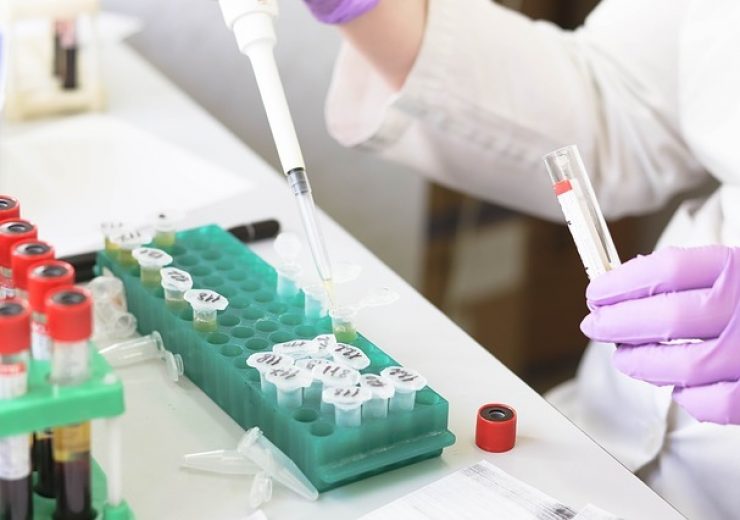The firm will also use the funds for menu expansion, as well as data and software architecture for its at-home and in-clinic businesses

The financing round is led by OrbiMed. (Credit: Belova59 from Pixabay)
Healthcare technology and diagnostics firm binx health has secured $104m in Series E financing to boost the manufacturing of its FDA-cleared and CLIA-waived binx io rapid molecular diagnostic test.
The company will also use the funds for menu expansion, as well as data and software architecture for its at-home and in-clinic businesses.
For in-clinic / at-retail locations, the binx io rapid molecular point of care platform provides onsite convenience in a CLIA‐waived solution for chlamydia and gonorrhea.
The rapid molecular diagnostic platform helps to complete the testing, diagnosis and treatment in the same visit.
By integrating its proprietary electrochemical detection with CRISPR methods, binx health is currently expanding its platform into COVID-19 testing.
binx health CEO Jeff Luber said: “We are witnessing a transition in healthcare from centralized to decentralized models, supported by proprietary solutions at point-of-care and at-home that have the potential to broaden access to care for millions.
“We are gratified that our new investor syndicate shares our vision around consumer convenience, healthcare equity and ‘everywhere’ access to high-quality testing.”
The financing round, which was led by OrbiMed, consists of new investors such as Arrowmark Partners, Hildred Capital Management, Alta Life Sciences and Parian Global.
In addition, the existing investors such as LSP and Johnson and Johnson Development have participated in the financing round.
The deal allows Hildred Capital Management co-founder and managing partner Andrew Goldman to join binx’s board of directors.
Torreya Capital acted as financial advisor and placement agent to binx for the financing.
In March, the FDA allowed the use of the binx health IO CT/NG assay at point-of-care settings. The test detects the presence of the bacteria Chlamydia trachomatis and Neisseria gonorrhoeae, which lead to infections chlamydia and gonorrhea, respectively.
